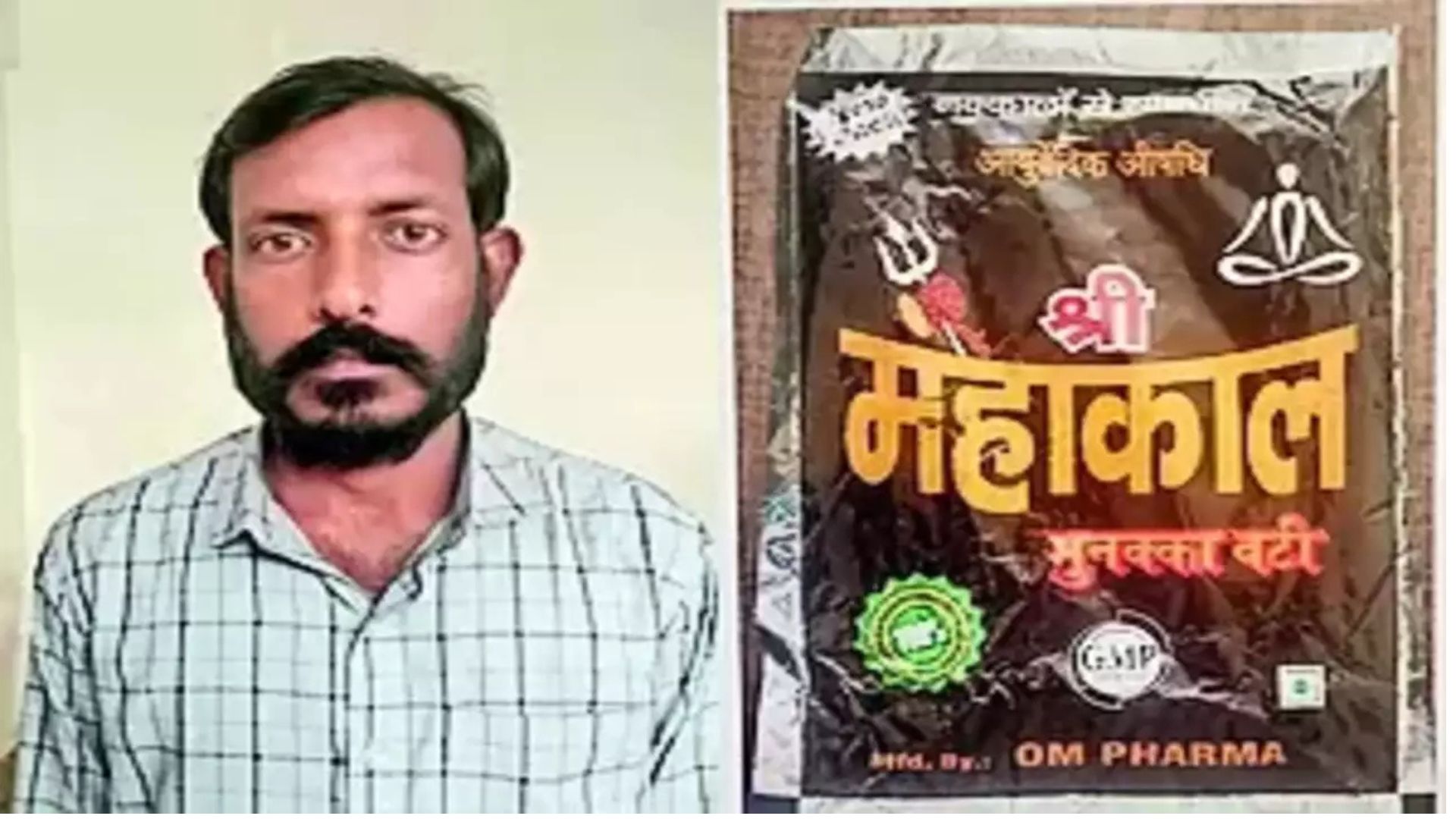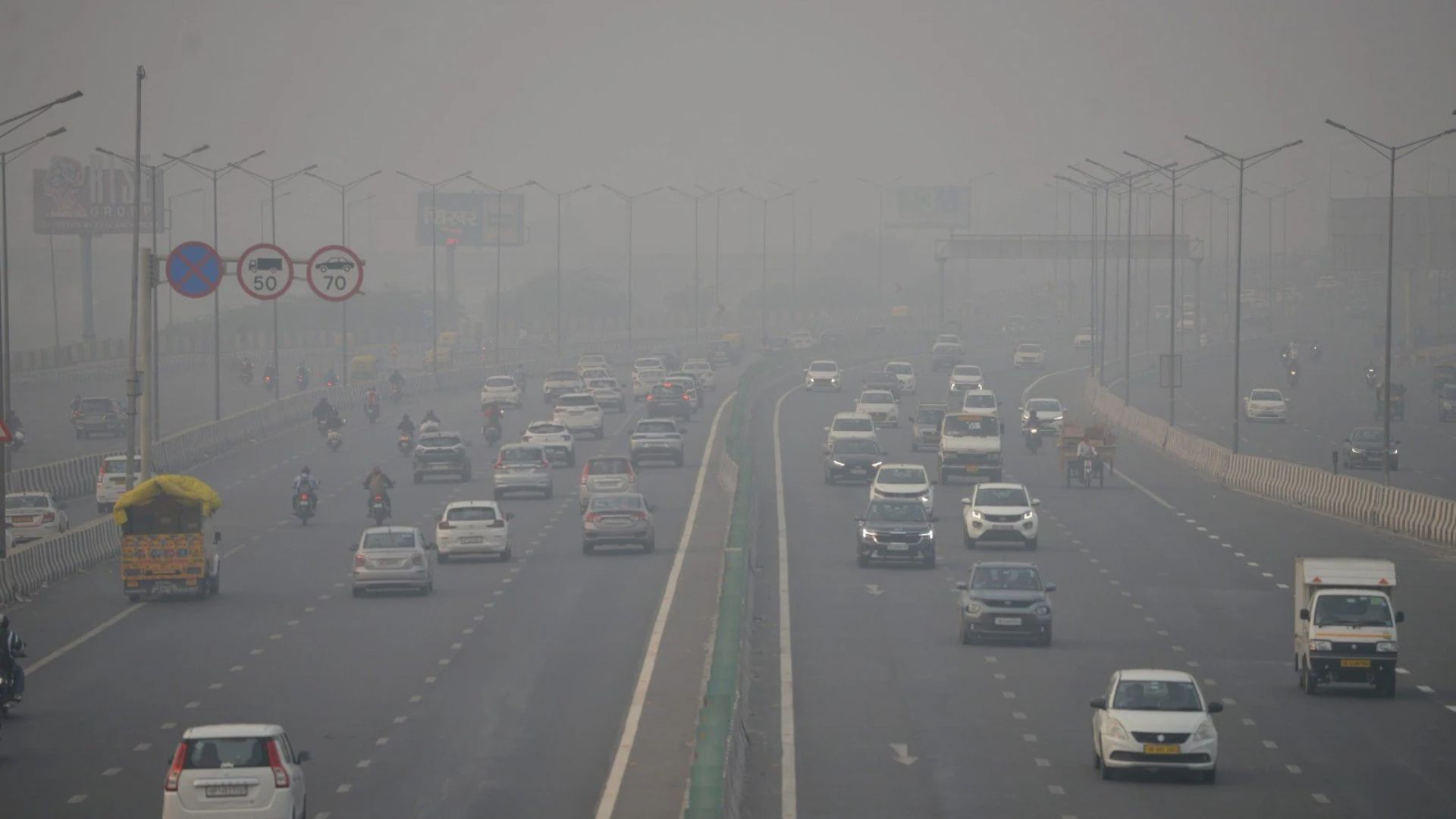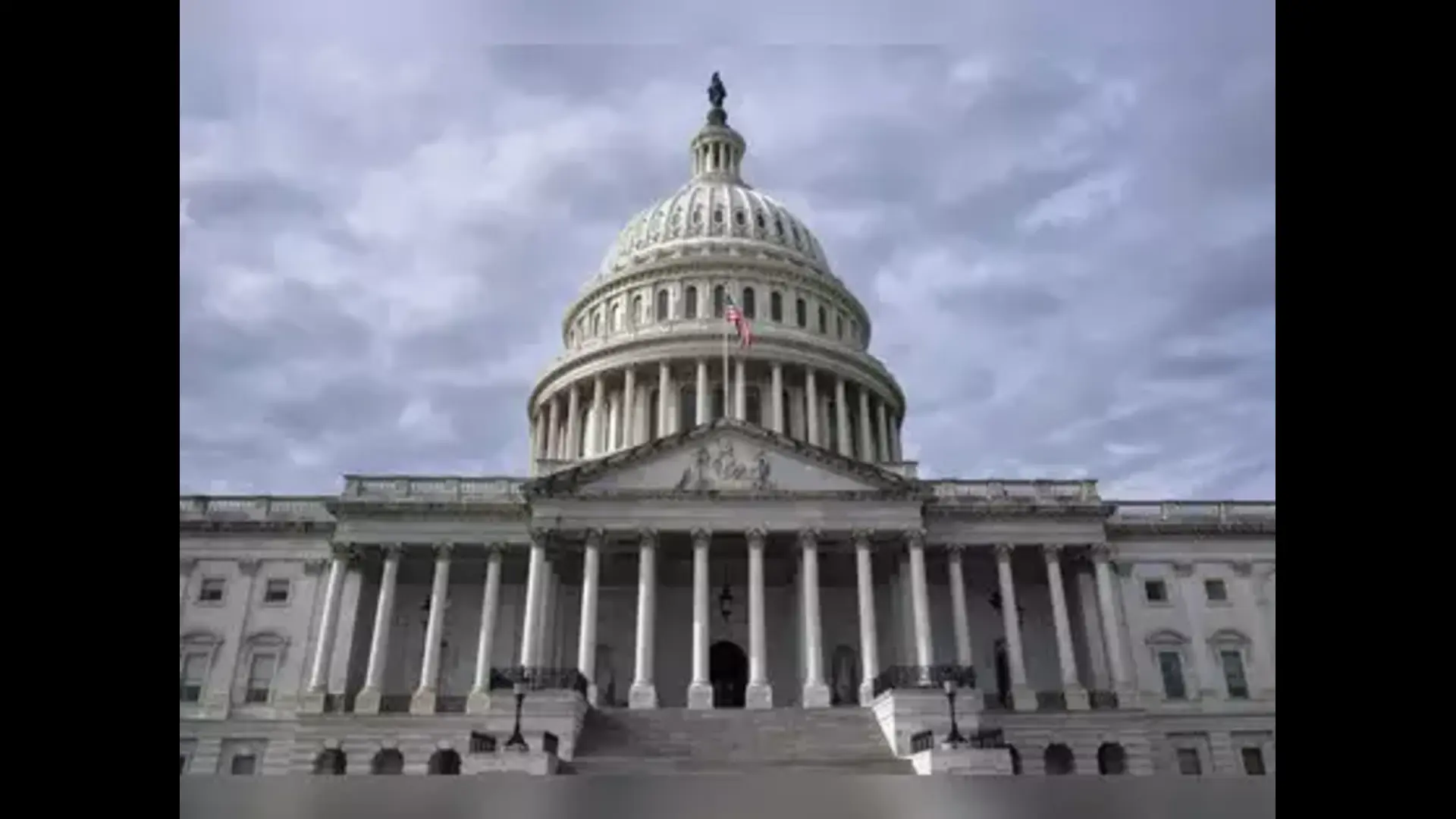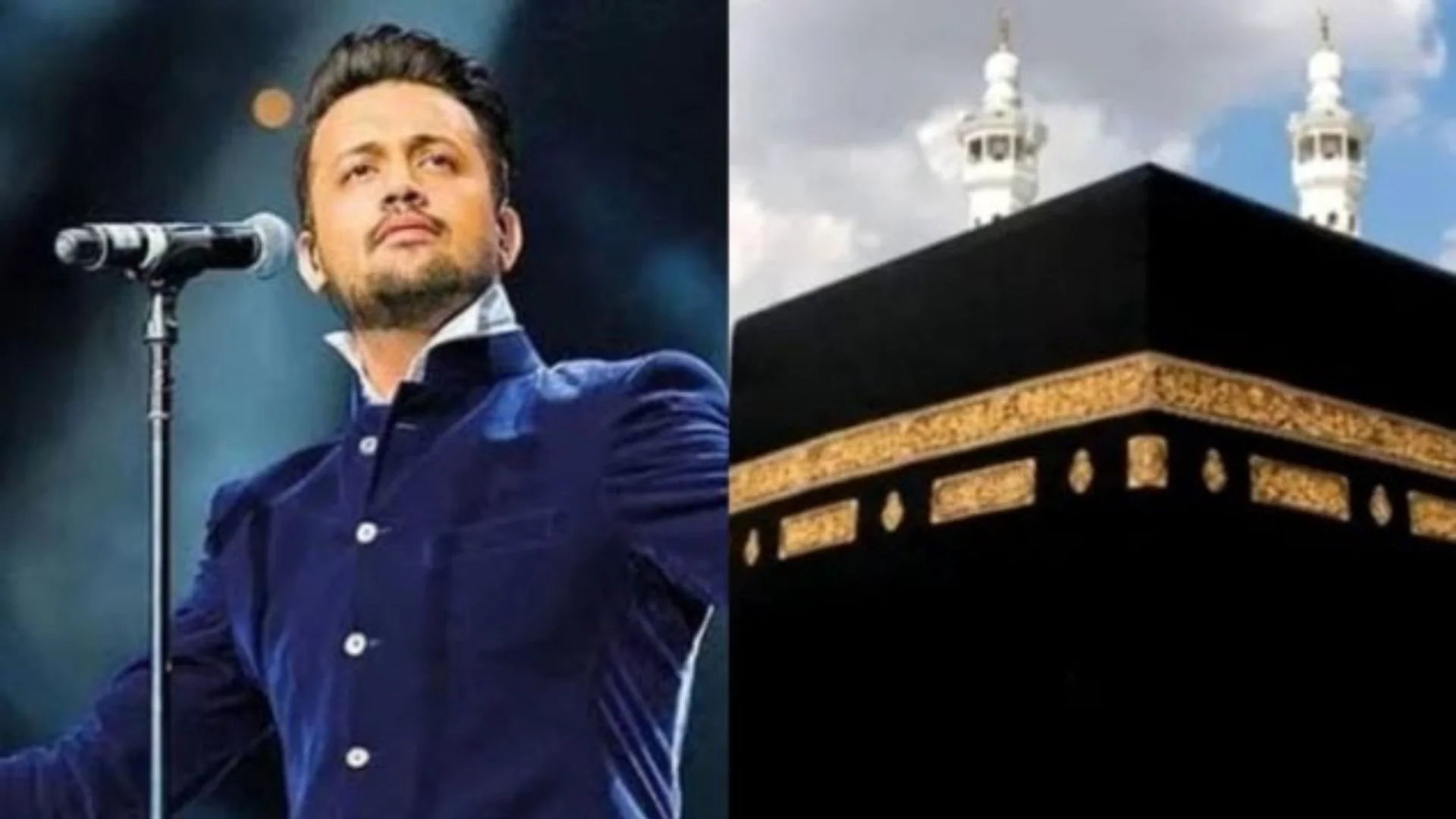Two members, Balaji Killarikar and Laxman Hake, recently resigned from the Maharashtra State Backward Class Commission, citing government interference, a limited socioeconomic survey, and show-cause notices with “flimsy reasons.” The commission plays a crucial role in deciding caste categories, including Vimukta Jati and Nomadic Tribes, Other Backward Classes (OBC), and Special Backward Classes. Killarikar and Hake allege differences with the state government over parameters for determining Maratha backwardness, including pressure for a limited survey instead of a comprehensive one, raising concerns about the commission’s independence.
Hake, associated with the Shiv Sena, expressed their refusal to align with the government’s agenda, particularly in checking Maratha community backwardness hastily. He emphasized the commission’s independence and constitutional rights, which they believe the government undermined. Despite attempts to contact Maharashtra’s Other Backward Bahujan Welfare Minister Atul Save, no response was received.
The Maratha community, constituting about 33% of the state’s population, has long sought reservations in government jobs and education. In 2021, the Supreme Court rejected the Maratha quota, deeming it unconstitutional. In response to fresh protests and ahead of the 2024 elections, the Maharashtra government filed a curative petition. The recent announcement to grant Kunbi certificates to Marathas sparked controversy within other OBC groups.
The conflict leading to resignations centers on a letter from Chief Minister Eknath Shinde, dated 13 November, outlining terms of reference for the Maratha quota. Allegedly, private institution members appointed by the government attended commission meetings, causing objections. The core disagreement revolves around a limited survey, different criteria for determining Maratha backwardness, and unanswered calls for a comprehensive pan-Maharashtra survey. The members claim the government sent show-cause notices with weak reasons, prompting further discontent and potential resignations. The dispute raises questions about transparency, impartiality, and adherence to the Constitution in addressing reservation issues in Maharashtra.
